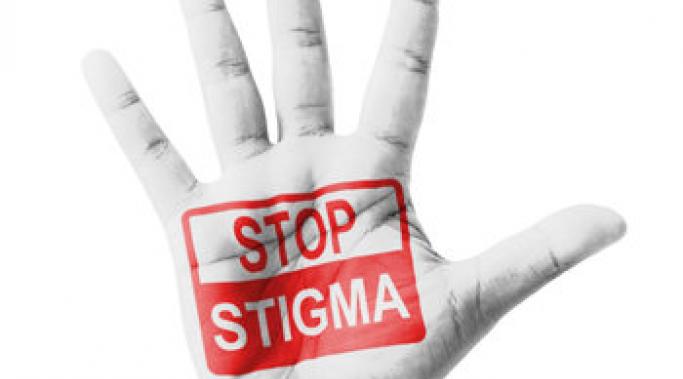The stigma of experiencing side effects due to a mental illness may cause great concern for many people. Mental illness stereotypes can be disturbing at times, as people perceive an individual in a straight-jacket, or a person in pale pajamas behind an asylum’s bars. Further, the side effects of mental illness are physical clues that point to the condition, and when people’s perceptions are accurate, it can be extremely stigmatizing for someone who is actually suffering with the side effects of having a mental illness.
Stigma and Society's Perception of Mental Illness
Politics and the impact of mental illness stigma is a topic that has intrigued me for a number of years, and the discussion of politicians experiencing mental illness stigma raises a number of important points and questions. There are many politicians who certainly do have a mental illness, but you will never know about it, especially if it is a highly stigmatized mental illness such as schizophrenia. It is unfortunate that several stigmatized individuals in our society assert that because you have a mental illness, you cannot, and should not, rightfully be a person who can be trusted to represent the interests of society on the political stage.
The stigma of mental illness psychosis remains a serious concern for our society because the stereotypes and thoughts around this topic work to silence and stigmatize the people who have these experiences. Mental illness psychosis is highly stigmatized and it is up to all people to learn the facts about it to break down the inaccurate perceptions, especially so that those having been psychotic, may feel comfortable sharing their personal experience.
Doctors are affected by mental illness stigma, and, as mental health consumers, we run into this problem time and time again. I have heard countless horror stories of mental illness stigma affecting doctors and other mental health professionals, who are part of the patient's journey. However, there still remains a number of doctors and medical professionals who stay true to their passion for medicine. Here are some of my best and worst experiences with doctors who are affected by mental illness stigma and the ones who aren't.
One, particular online bipolar assessment quiz (link to it) is creating mental health stigma on the Internet at the moment, particularly going viral on Facebook. I received the quiz on my Facebook feed yesterday, as a friend had posted it, and she commented that she received a zero percent chance that she has bipolar disorder. Having been diagnosed with bipolar disorder 13 years ago, I decided to comment on the quiz in a critical and constructive manner, but I also submitted my answers, and discovered that I, also, have a zero percent chance of having bipolar disorder. I sarcastically responded, “It is a good thing I took this quiz, and I better contact my psychiatrist for a second opinion. Thank you.”
Recently, I have developed an intense fear of flying, and it is quite odd because it never used to be this way. In my mid-20s, I flew to South Korea twice, and I even passed out during the entire flight, snuggled beside the emergency exit. Things have definitely changed over the years, and having a mental illness has made traveling quite a bit more daunting. Not only because of the fears that crop up, but from encountering stigma during my travels.
I still fight the mental illness self-stigma that tells me not to let people know when I am affected by mental illness and feeling sick. When you have a mental illness, it is difficult to admit to other people that you are, indeed, affected by your illness. I feel weak at times and want to blame myself and my treatment team for my mental health relapse. And most of all, I fail to realize that this mental illness thing is going to affect me and there is nothing I can do about it.
It seems more often these days that celebrities are coming out and admitting to the world that they have a mental illness (Do Celebrity Disclosures of Mental Illness Help End Stigma?). Some people feel that celebrities are glamorizing the issue and not demonstrating the realities of a person who lives with a mental illness (Is Having A Mental Illness A Gift?). However, I consider this act of honesty to be both empowering and courageous because their voices are not only prominent, but most importantly influential.
When you have a mental illness, particularly bipolar disorder, your moods can alter rapidly, gradually or barely at all during periods of your life. It all depends on the individualized experience of the person who has the illness. Quite often, we self-stigmatize our emotions and ask, “Am I actually feeling a certain way because of my own pure emotions, or am I experiencing these emotions because of my mental illness?”
In the throes of a mental illness episode, especially psychosis, the theme of God seems to appear and reoccur among many people, often leaving us wondering, why is that? This also causes a lot of people to sneer and stigmatize the spiritual experience of someone who has a mental illness (What Is Stigma?).
Is there a logical explanation why people have such life-changing spiritual experiences during this time? Many people are funny about religion/spirituality and are very often put off by people that become intensely committed to God, but I often contemplate the meaning and significance behind these spiritual experiences.









